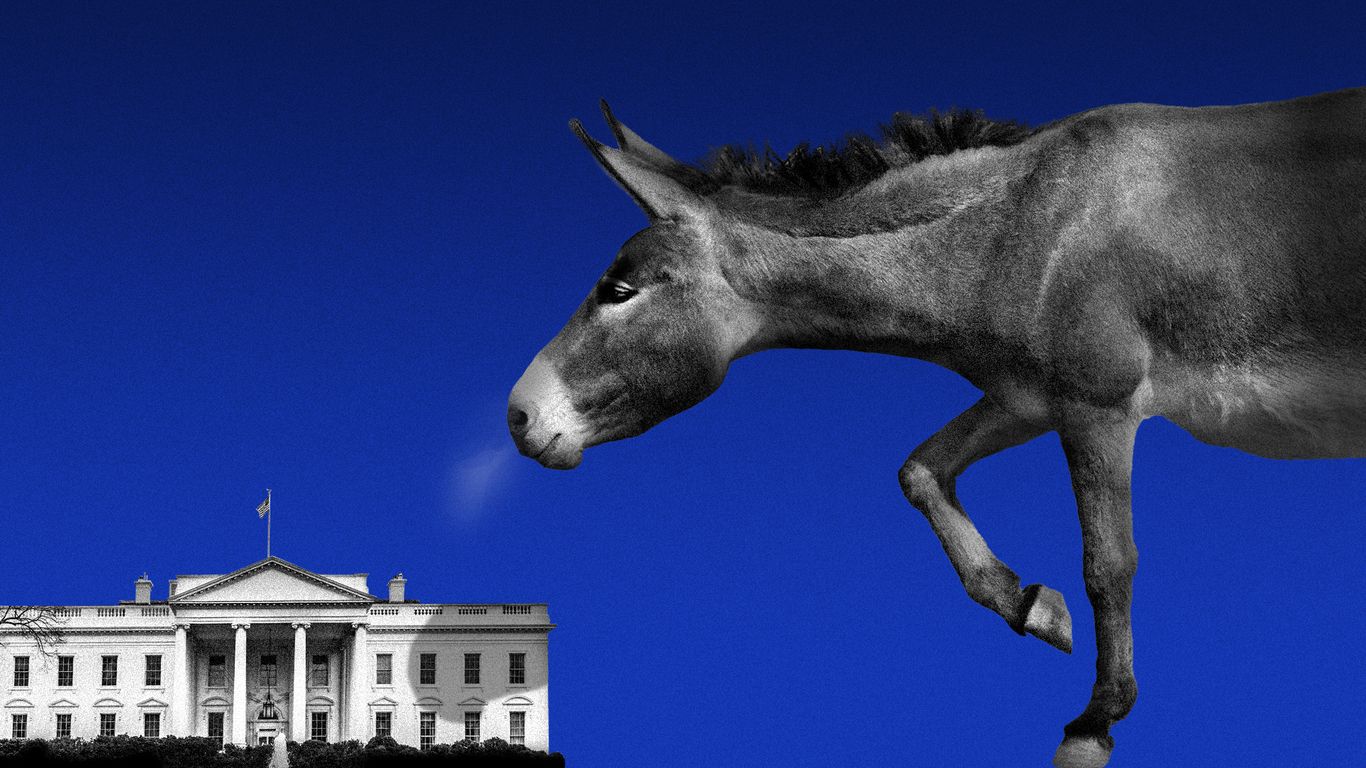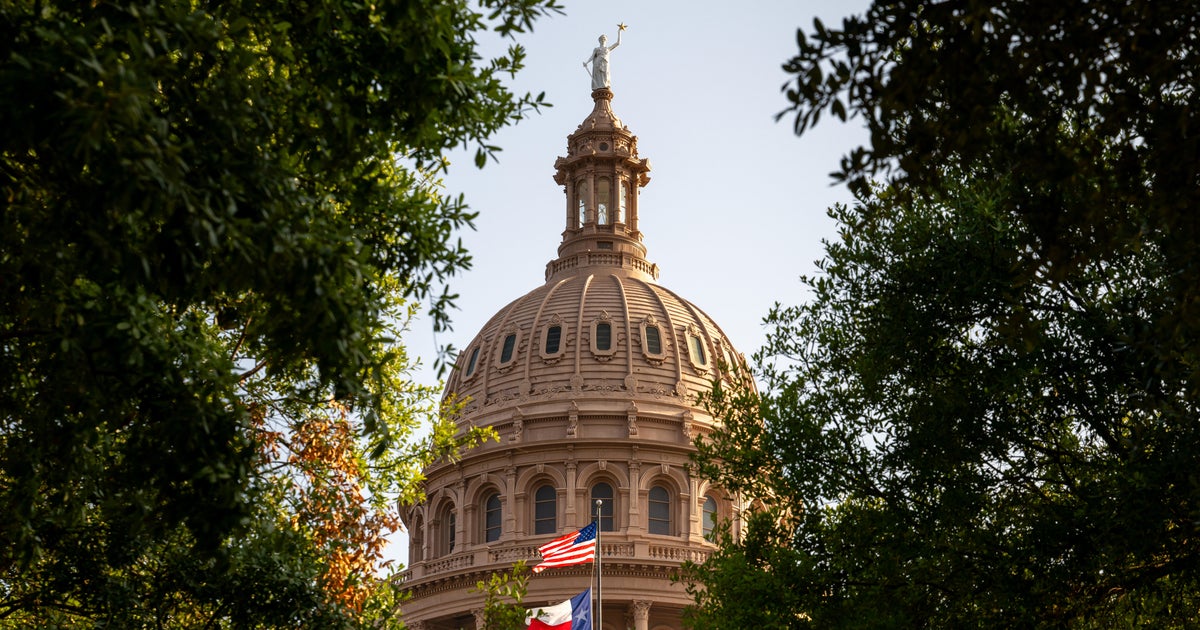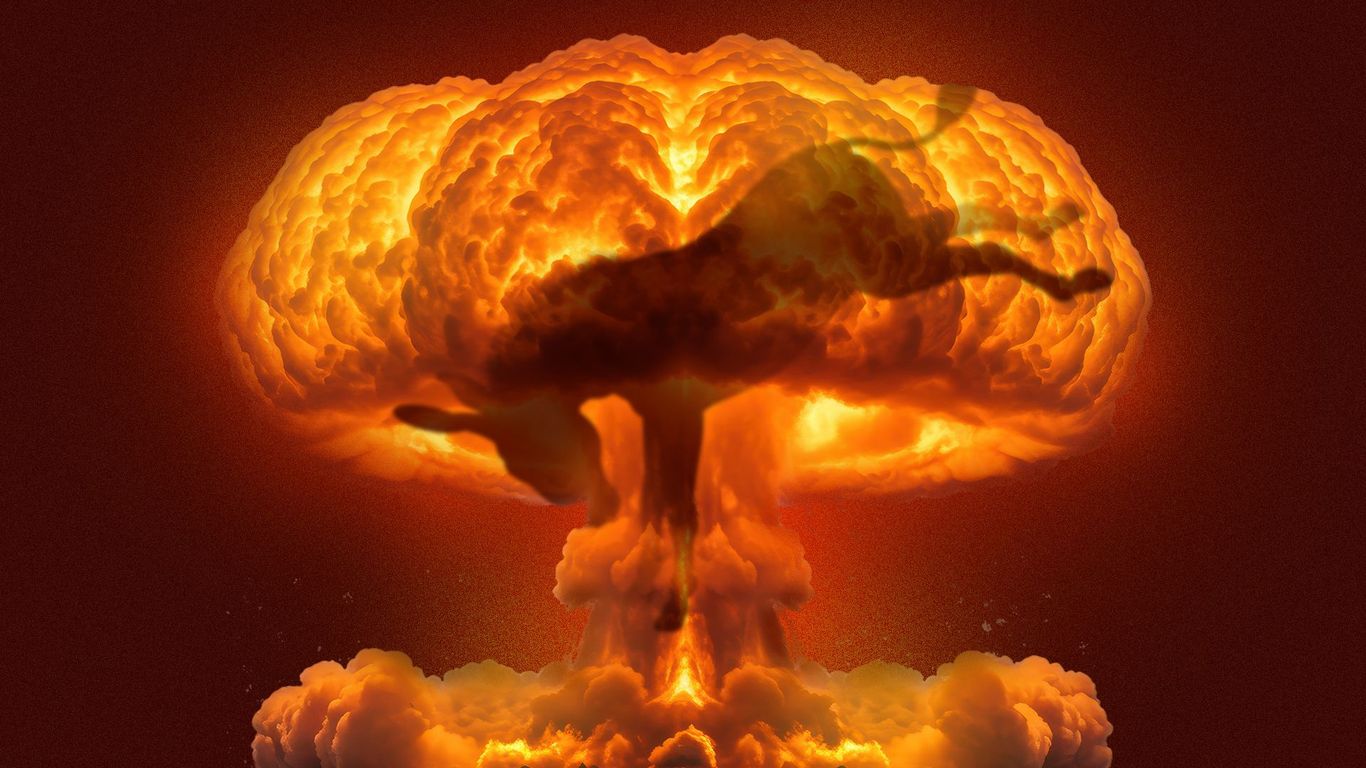Using Government Shutdowns as a Political Weapon
#government_shutdown #politics #democrats #president_trump #2020_elections

Introduction
The government shutdown has become a political weapon in President Trump's second term, and the pressure is on for Democrats to take a firm stance. In the past, Democrats have been known for avoiding government shutdowns at all costs, but the recent political climate has caused a shift in their approach. With the 2020 elections looming, Democratic leaders are facing mounting pressure from their base to take a stronger stance against the President's policies.
Potential Strategies
With Democrats now embracing the idea of using government shutdowns as a bargaining tool, there are several strategies they could employ to push back against the President. One possible strategy is to refuse to vote on any budget that includes funding for the President's proposed border wall. Another option could be to pass a budget that does not include funding for the wall, which would force the President to veto it and take ownership of the shutdown. These strategies would put pressure on the President and potentially shift the blame to his administration.
The Consequences
While using government shutdowns as a political tool may seem like a strategic move, it could also have serious consequences. If the shutdown continues for an extended period of time, it could have a negative impact on the economy and the American people. In addition, the longer the shutdown lasts, the more likely it is that the blame will shift to both parties, potentially
About the People Mentioned
President Trump
Donald John Trump, born June 14, 1946, in Queens, New York, is an American businessman, media personality, and politician who has served as the 45th and 47th president of the United States. He graduated from the University of Pennsylvania's Wharton School with a degree in economics in 1968 and took over his family’s real estate business in 1971, renaming it the Trump Organization. Over decades, he expanded the company’s holdings into skyscrapers, hotels, casinos, and golf courses, building a high-profile brand often associated with luxury and real estate development. Trump also gained fame as the host of the reality TV show *The Apprentice* from 2004 to 2015[1][3][7]. Trump entered politics as a Republican and won the presidency in 2016, defeating Democrat Hillary Clinton in an unexpected victory. His tenure from 2017 to 2021 was marked by significant policy shifts, including tightening immigration controls, imposing a travel ban on several Muslim-majority countries, expanding the U.S.–Mexico border wall, rolling back environmental regulations, implementing major tax cuts, and appointing three Supreme Court justices. His foreign policy included withdrawing the U.S. from international agreements on climate change and Iran’s nuclear program, and initiating a trade war with China. Trump's handling of the COVID-19 pandemic was widely criticized for downplaying the virus's severity. After losing the 2020 election to Joe Biden, he challenged the results, culminating in the January 6, 2021, Capitol attack. Trump was impeached twice but acquitted both times by the Senate[1][2]. In a historic political comeback, Trump was re-elected and inaugurated for a second non-consecutive term on January 20, 2025, becoming the oldest president to assume office at age 78. He remains a highly influential and polarizing figure in American politics[2][7]. Trump is married to Melania Trump, with whom he has one son, Barron, and has four adult children from previous marriages. He has authored several books, including *The Art of the Deal*, a business bestseller[3][5][7].
About the Organizations Mentioned
Democratic
The term "Democratic" can refer to several entities, but in the context of organizations, it often relates to political or technological initiatives. Here's a summary focusing on the Democratic National Committee (DNC) and broader concepts of democratic technology: ### Democratic National Committee (DNC) The DNC is a key organization in the U.S. political system, primarily supporting Democratic candidates and campaigns. The **DNC Tech team** plays a crucial role by providing infrastructure, data, tools, and cybersecurity expertise to enhance campaign capabilities across the Democratic ecosystem. This includes federal candidates, state parties, and down-ballot campaigns[1]. The team is composed of experts from tech giants like Facebook and Amazon, offering a blend of political and technological expertise to build enduring solutions for Democratic success[1]. ### Democratic Technology (DT) **Democratic Technology** aims to bridge the gap between citizens and governments by leveraging technology for real-time engagement. Platforms like iMatr facilitate direct communication between citizens and elected representatives, enhancing civic literacy and participation[2]. This technology addresses issues of citizen dissatisfaction and apathy by providing a platform where individual voices matter[2]. ### Current Status and Notable Aspects - **Innovation and Challenges**: The integration of technology in democratic processes is evolving rapidly, with challenges such as the unchecked power of tech companies threatening democratic governance[3]. The rise of connective parties, which heavily rely on technology for organizational functions, presents both opportunities and challenges[4]. - **Key Achievements**: The DNC's technological initiatives have contributed significantly to modernizing Democratic campaigns. Meanwhile, democratic technology platforms have shown potential in increasing civic engagement and addressing voter apathy. Overall, the concept of "Democratic" in this context highlights the intersection of technology and political engagement, with ongoing efforts to enhance democratic processes and address emerging challenges.
2020 Elections
The organization "2020 Elections" does not appear to be a formal entity or business but rather refers broadly to the U.S. federal election cycle held in 2020, a landmark event in American political history. The 2020 U.S. elections included the presidential race, congressional elections for the Senate and House of Representatives, and various state and local contests, administered primarily by state and local election officials under diverse laws and procedures[1]. The 2020 presidential election, held on November 3, 2020, was historically significant due to its record voter turnout—the highest since 1900—with over 154 million Americans voting[5]. It featured Joe Biden and Kamala Harris defeating incumbent Donald Trump and Mike Pence. Harris notably became the first African American, first Asian American, and third female vice presidential nominee on a major party ticket[2]. The election was shaped by key issues such as the COVID-19 pandemic, civil unrest following George Floyd’s murder, and Supreme Court vacancies[2]. Administratively, the 2020 election was one of the most complex in U.S. history, largely because of the pandemic-induced surge in mail-in and early voting, which altered traditional voting patterns and led to delayed vote counts in several swing states[4]. These challenges highlighted partisan divides over election administration and voting methods, fueling ongoing debates about election reforms at state and federal levels[4]. Data from the U.S. Census Bureau and research organizations reveal demographic patterns, including strong turnout among older voters and increased participation from younger cohorts like Generation Z[5][6]. Despite the high engagement, disparities in voter turnout among demographic groups persisted, reflecting longstanding electoral dynamics[6]. While not an organization per se, the "2020 Elections" serve as a critical reference point in election administration, voter behavior research, and political analysis, influencing business, technology, and policy discussions on voting systems, cybersecurity, and democratic resilience. This event underscores the intersection of technology, governance, and civic participatio
American people
People for the American Way (PFAW) is a prominent progressive advocacy organization in the United States, founded in 1980 by television producer Norman Lear and civil rights leader Barbara Jordan. It was established to counter the rising influence of conservative political groups, notably the Moral Majority led by Jerry Falwell, with a mission to protect First Amendment rights, promote tolerance, and uphold diversity[1][2]. Registered as a 501(c)(4) non-profit, PFAW operates through grassroots organizing, public education, research, and legal advocacy aimed at defending freedom of expression, religious liberty, and pluralism in American society[1][2][7]. Historically, PFAW emerged as a response to the conservative agenda attempting to impose fundamentalist Christian values through legislation and educational censorship. The organization gained early prominence by targeting influential figures of the Christian right such as Jerry Falwell, Jimmy Swaggart, and Pat Robertson[2]. Over time, PFAW expanded its scope to monitor and combat censorship in public education, documenting numerous challenges to educational materials across states like Texas, California, and Pennsylvania[1]. PFAW also operates a separate entity, the People for the American Way Action Fund, which engages in lobbying and legal interventions at local, state, and federal government levels[1]. The organization maintains regional offices in New York, Los Angeles, Boulder, Colorado, Texas, and Florida, and holds an extensive research and video library on religious right political groups[1]. Its leadership has included notable figures such as Arthur Kropp, Tony Podesta, and Ralph Neas[2]. In terms of funding and political engagement, PFAW relies on individual donors, with a history of supporting liberal political candidates and causes, as well as receiving major foundation grants through its affiliated foundation[2][6]. The group remains an influential voice in progressive political and social advocacy, continuing to mobilize Americans around issues of justice, democracy, and civil liberties[7][8]. Its ongoing
















